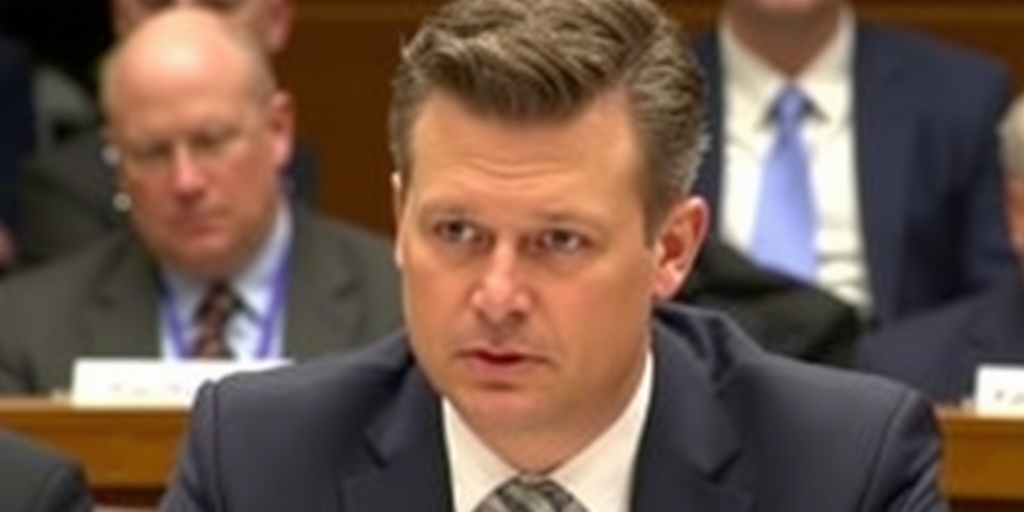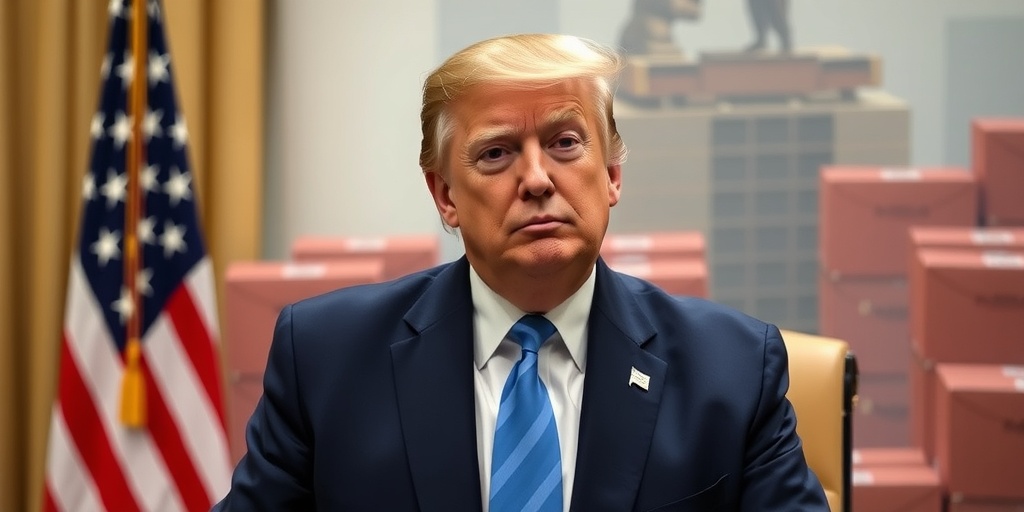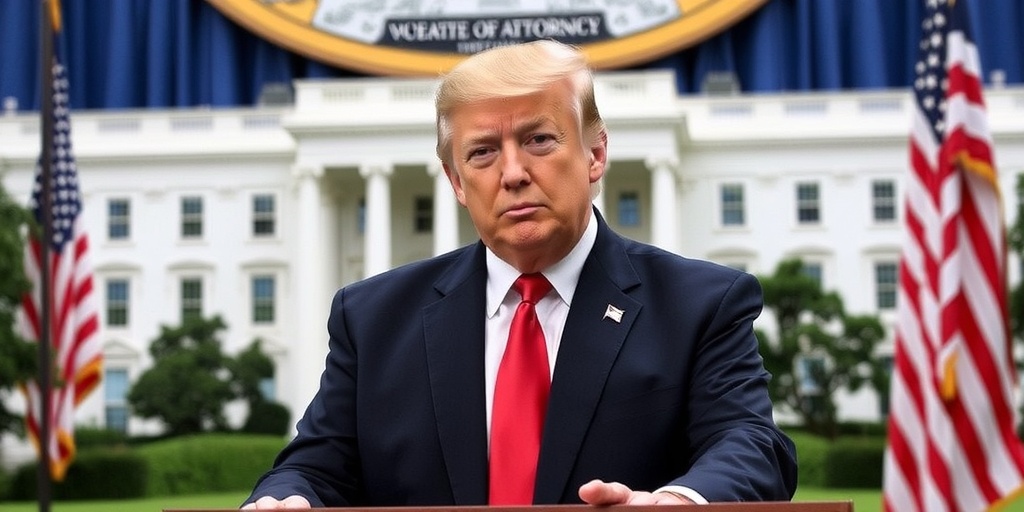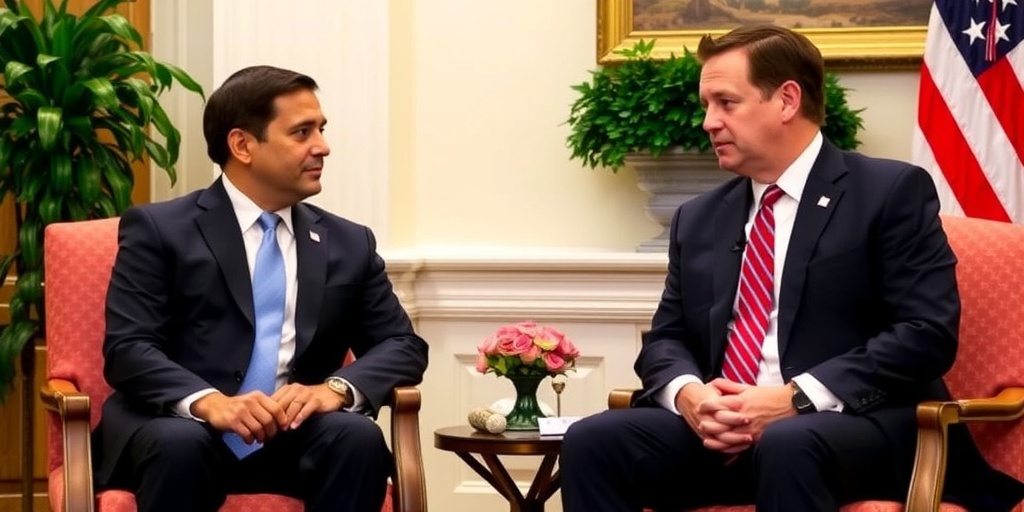Now Reading: Elise Stefanik Commits to Supporting Trump’s ‘Reformed’ U.N. Vision
-
01
Elise Stefanik Commits to Supporting Trump’s ‘Reformed’ U.N. Vision
Elise Stefanik Commits to Supporting Trump’s ‘Reformed’ U.N. Vision
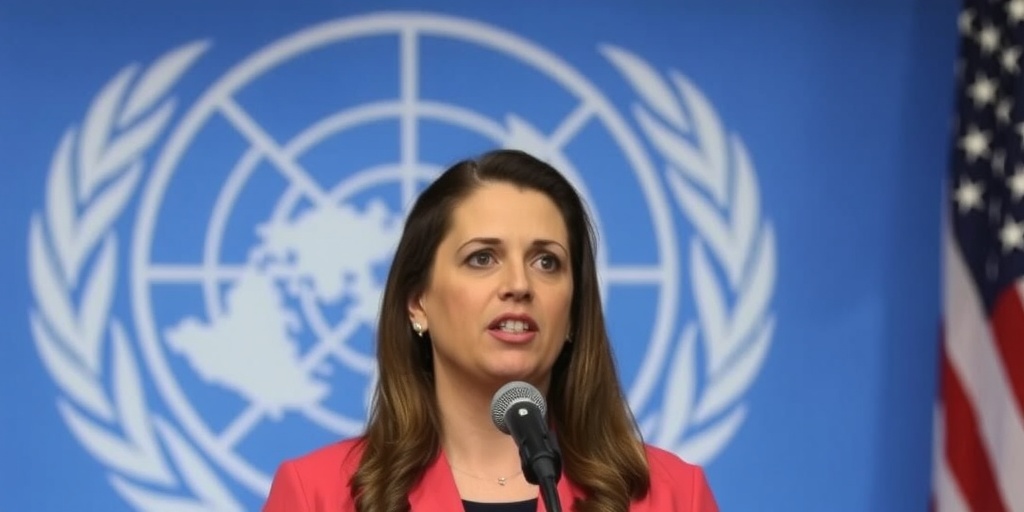
Elise Stefanik’s Confirmation Hearing: A Commitment to Reform the United Nations
In a pivotal moment for U.S. foreign policy, Representative Elise Stefanik, a Republican from New York and President Trump’s nominee for the role of U.S. ambassador to the United Nations, made a strong case during her confirmation hearing held on Tuesday before the Senate Foreign Relations Committee. She emphasized her intent to combat antisemitism, counter the growing influence of China, and ensure that American contributions to international organizations reflect U.S. interests.
In her opening remarks, Ms. Stefanik echoed President Trump’s vision for a reformed United Nations, characterized by an "America-first" approach and a doctrine of "peace through strength." She asserted that U.S. taxpayer dollars should not support entities that contradict American values or engage in disreputable activities such as antisemitism, fraud, corruption, or terrorism. "We should ensure that our investments are directed toward promoting American interests and international stability," she stated.
Ms. Stefanik’s selection has been well-received among Republicans, particularly as she has emerged from a moderate beginning in her congressional career to become a prominent supporter of Trump’s policies. She is recognized for her willingness to bring a fresh perspective to the United Nations, a body she has frequently criticized for its perceived biases and inefficiencies.
Interestingly, her nomination appears to have the potential for bipartisan support. Some Democratic senators, despite their disagreements with her policies, have acknowledged her efforts to engage with a range of perspectives throughout her political career. This aspect of her character may prove pivotal in fostering a collaborative environment within the U.N. framework should she secure confirmation.
Throughout her testimony, Ms. Stefanik reiterated her stance on various critical issues, particularly regarding Israel, which she labeled as a national priority. She referred to the U.N. as a "den of antisemitism," reiterating her belief that the organization has been disproportionately critical of Israel’s actions. In a direct challenge to existing U.S. policy regarding Palestinian autonomy, she expressed agreement with Israeli leaders who assert that Israel holds a Biblical claim to all of the West Bank, a position that diverges significantly from traditional U.S. support for a two-state solution in Middle Eastern diplomacy.
Additionally, Ms. Stefanik identified the U.N. Relief and Works Agency (UNRWA), which provides assistance to Palestinian refugees, as being compromised by ties to Hamas. She referenced ongoing investigations regarding allegations that some UNRWA employees participated in the recent violent conflict involving Hamas and Israel. Her comments indicate a commitment to re-evaluating U.S. aid to organizations she believes do not align with American interests or values.
On the topic of enhancing diplomatic relations in the region, she proposed the establishment of an Abraham Accords caucus at the United Nations. This proposal draws from the normalization agreements established during Trump’s administration between Israel and several Arab nations, which she hailed as a substantial breakthrough for Middle Eastern diplomacy.
In her discussion on international relations, Ms. Stefanik also concentrated on the issue of countering Chinese influence within the United Nations. She articulated the necessity of fostering alliances with smaller nations and advocated for greater U.S. involvement in securing leadership positions within U.N. agencies. These suggestions garnered positive feedback from many Democratic senators, reflecting a potential area of bipartisan agreement in her foreign policy strategy.
In contrast, her responses regarding accountability for Russia’s actions, particularly concerning the Ukrainian invasion, were less definitive. When asked by Senator Jeanne Shaheen, a Democrat from New Hampshire, about strategies to address Russian aggression, Ms. Stefanik affirmed her support for Trump’s commitment to resolving the conflict but offered limited insight into specific measures.
Despite the criticisms she levied at the U.N., Ms. Stefanik acknowledged the positive contributions of certain agencies, like the World Food Program and UNICEF. However, she indicated her endorsement of Trump’s decision to withdraw from the World Health Organization, which has faced scrutiny over its handling of the global pandemic.
Ultimately, Ms. Stefanik underscored the importance of meaningful U.S. engagement with the United Nations while advocating for reform and accountability. "It is imperative that we invest in programs that not only serve our national interests but also enhance the overall effectiveness of U.N. initiatives," she stated. The emphasis on reform reflects a commitment to ensuring that the United Nations can work more effectively and align with U.S. priorities.
As the confirmation process moves forward, Ms. Stefanik’s positions indicate a potential shift in U.S. foreign policy at the U.N., focusing on a rigorous set of standards for American involvement that promote national and international interests alike. The ongoing dialogue within Congress regarding her nomination suggests that her leadership could represent a significant turning point in how the United States engages with the global community through the United Nations.
Stay Informed With the Latest & Most Important News
Previous Post
Next Post
-
 01New technology breakthrough has everyone talking right now
01New technology breakthrough has everyone talking right now -
 02Unbelievable life hack everyone needs to try today
02Unbelievable life hack everyone needs to try today -
 03Fascinating discovery found buried deep beneath the ocean
03Fascinating discovery found buried deep beneath the ocean -
 04Man invents genius device that solves everyday problems
04Man invents genius device that solves everyday problems -
 05Shocking discovery that changes what we know forever
05Shocking discovery that changes what we know forever -
 06Internet goes wild over celebrity’s unexpected fashion choice
06Internet goes wild over celebrity’s unexpected fashion choice -
 07Rare animal sighting stuns scientists and wildlife lovers
07Rare animal sighting stuns scientists and wildlife lovers













